About
Learning on TAP (TAP for short) is an innovative WHO blended learning resource. Our open access platform hosts online modular courses on a range of health topics. The courses are designed for online learning to be followed by face-to-face learning and supervised practice in the workplace. TAP provides training for primary health care and community workers and for pre-service education programmes. The aim is to increase access to primary and community level health services for people who need them.
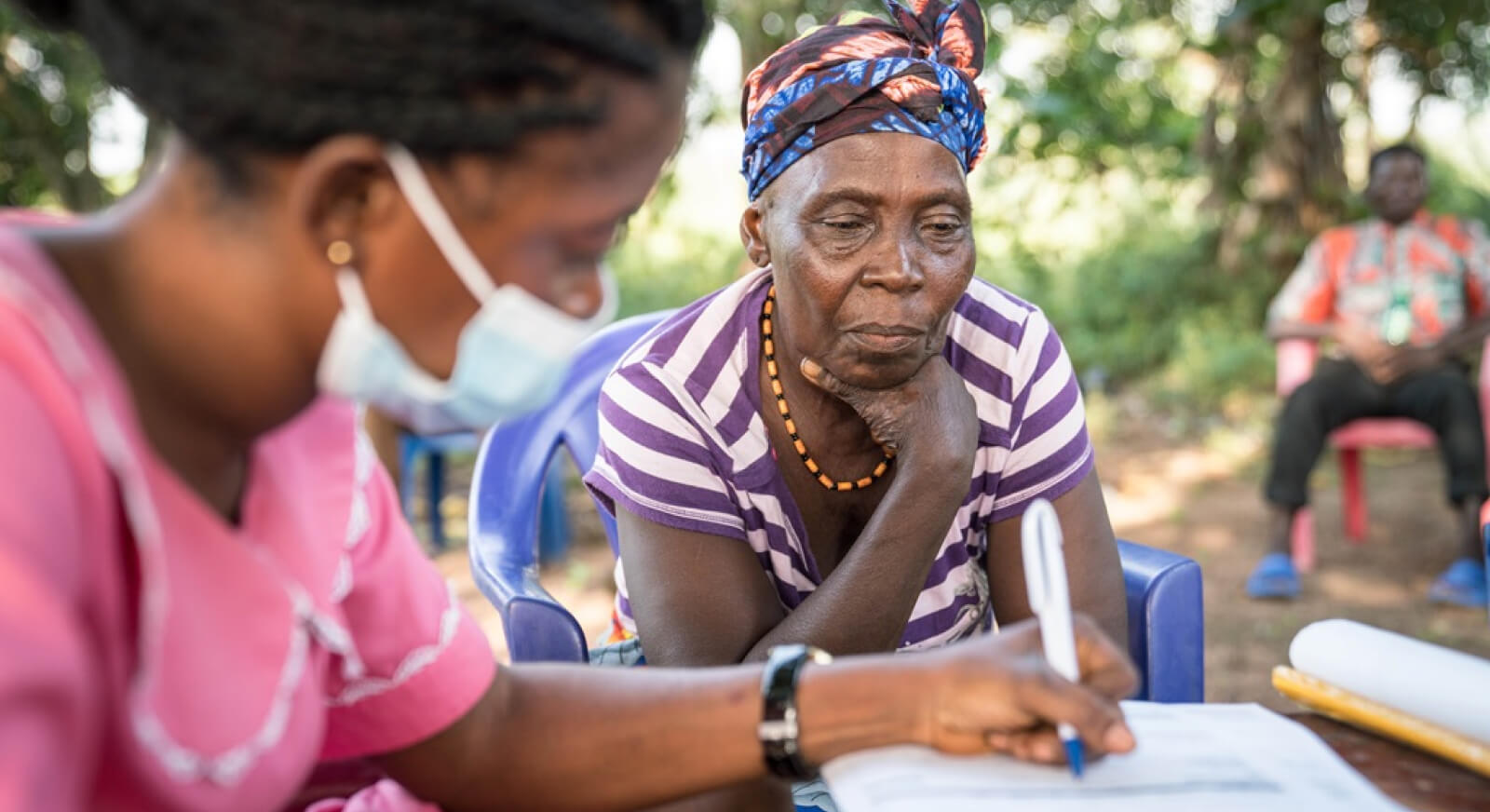
Who is it for?
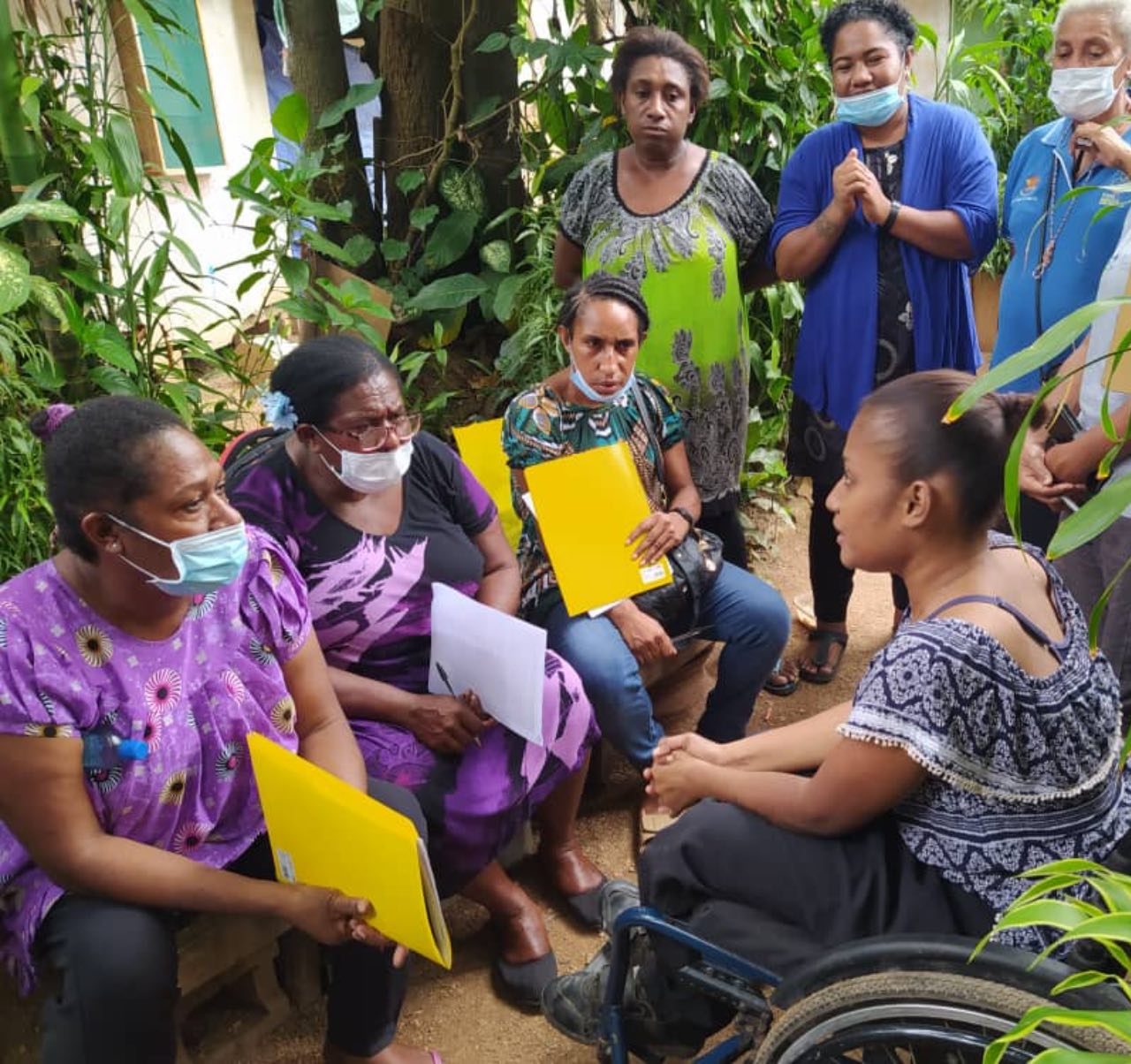
Primary health care workforce
This includes doctors, nurses, nurse assistants, pharmacists, and community health workers.People working in the community
This includes people working in education, social services, or community health.Pre-service training
Courses can be used to deliver curriculum in pre-service training and education programmes. Course content can also be used to inform curriculum development.How it works
Getting started is easy. Simply register, log in, and dive into a course.
Learn online
Explore a variety of courses tailored to your personal and professional goals.
Explore coursesPlatform features
Courses
- Colour-coded courses for easy navigation
- In-depth modules to enhance your knowledge and skills
- Interactive elements to promote engagement in the topics
- Available in a range of languages.
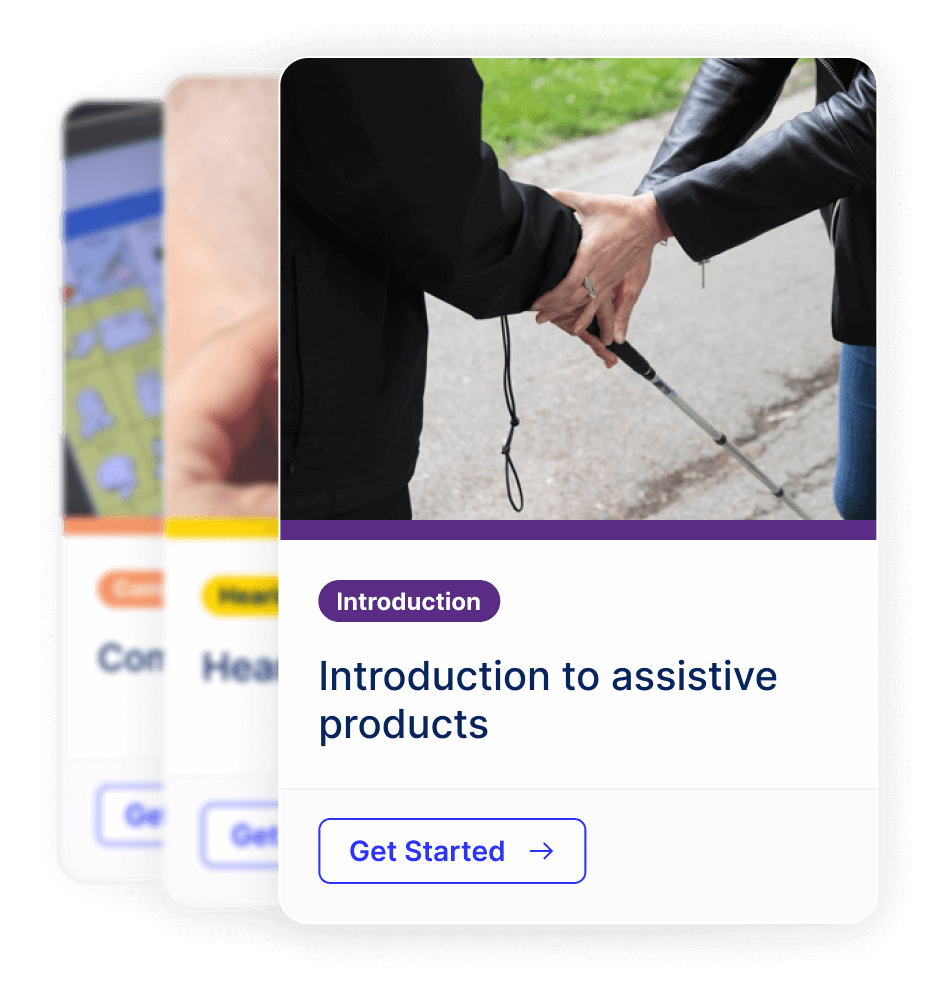
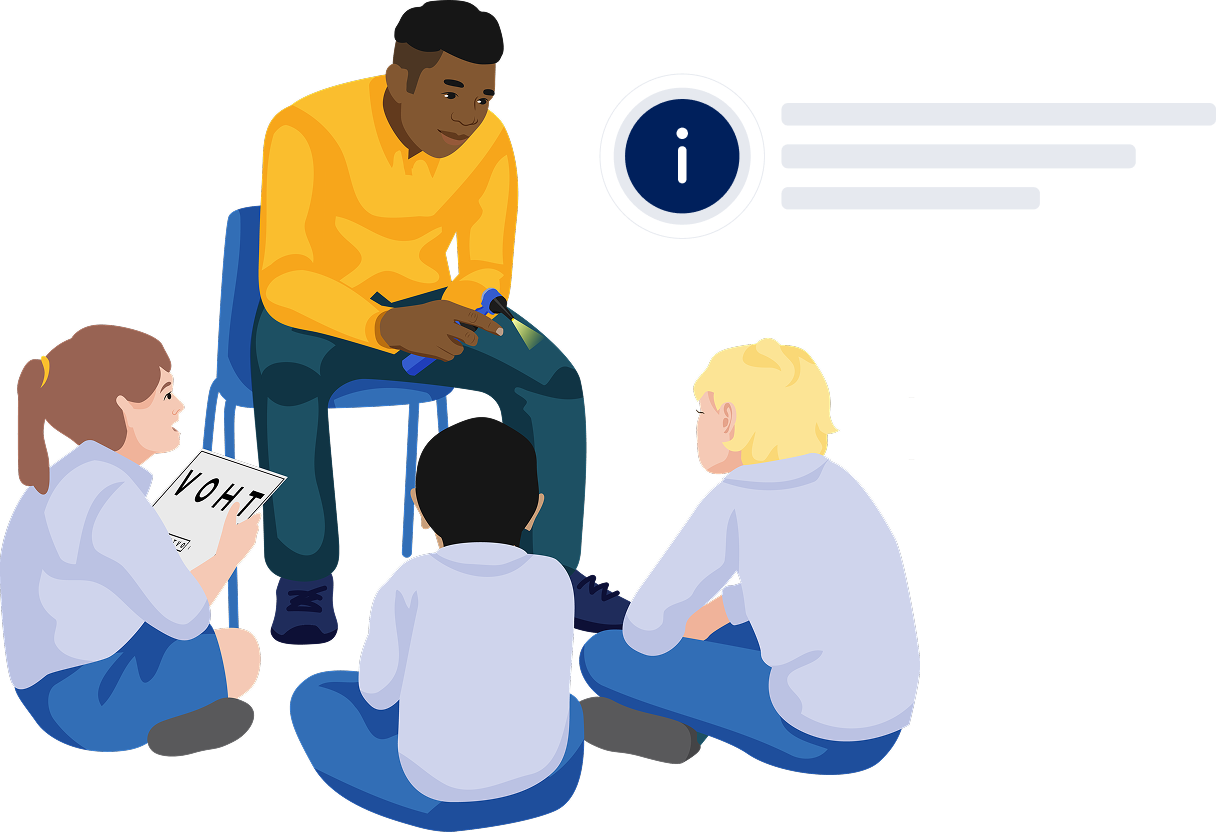
Interactive
Quizzes and certificates
- Track your progress
- Challenge yourself with real-world scenarios
- Earn downloadable certificates.

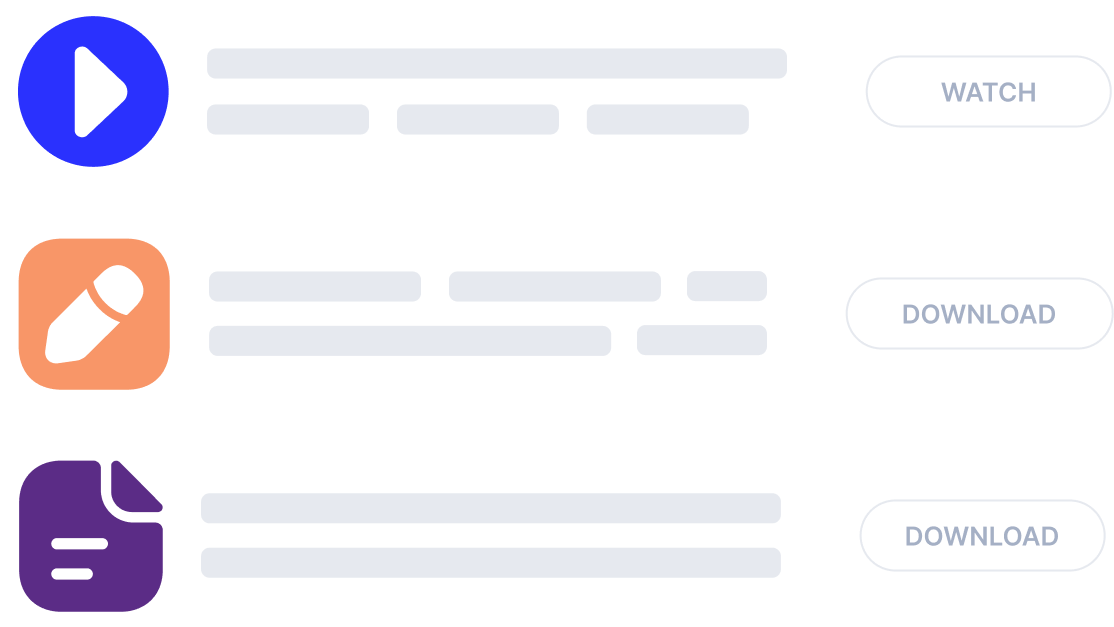
Resource library
- Testimonial and tutorial videos
- Screening and assessment forms and supporting documents
- Resources for local mentors and implementors.
Contributors
Concept and development: Elham Arabi, Irene Calvo, Carolina Der Mussa, Sarah Frost, Lucy Norris, Giulia Oggero, Lucie Pannell, Kylie Shae, Emma Tebbutt, Mitasha Yu.
Accessibility: Piotr Zrolka, Celine Hazbun.
Illustrations, graphics and media: Codi Ash, Jordan Bang, Julie Desnoulez, Ainsley Hadden, Solomon Gebbie.
Website: Physiopedia.
Research, development and implementation partners: Batterjee Medical College, Saudi Arabia; HelpAge Tanzania, Tanzania; Humanity and Inclusion, Iraq; Human Study e.V, Germany; Indian Institute of Public Health; International Committee of the Red Cross, Switzerland; Mobility India, India; Ministry of Health, Bhutan; Ministry of Health, Ukraine; Motivation Australia, Australia; Motivation Romania, Romania; Maulana Azad Medical College, India; National Capital District Provincial Health Authority, Papua New Guinea;National Institute of Physical Medicine and Rehabilitation, India; National Orthotics and Prosthetics Service, Papua New Guinea; Papua New Guinea Eye Care; Port Moresby General Hospital Eye Clinic, Papua New Guinea, Rural Development Trust, India; Society for Sound Hearing, India; University of Southampton, United Kingdom.
WHO country offices in: Azerbaijan, Bhutan, Ethiopia, Fiji, Georgia, Ghana, India, Indonesia, Iran (Islamic Republic of), Iraq, Liberia, Myanmar, Nepal, Pakistan, Papua New Guinea, Romania, Tajikistan, Ukraine, United Republic of Tanzania.
WHO regional offices: Regional Office for Africa, Regional Office for the Americas, Regional Office for the Eastern Mediterranean, Regional Office for Europe, Regional Office for South-East Asia, Regional Office for the Western Pacific.
Module development: Each module has benefited from the contributions of many stakeholders and source materials. These individuals and organizations are acknowledged at the end of each module.
Financial support: With thanks to the following organizations for their generous financial support: UKAID’s AT2030 Programme led by GDI Hub, Governments of Norway and Austria, United States Agency for International Development (USAID), ATscale the Global Partnership for Assistive Technology hosted by United Nations Office for Project Services (UNOPS), United Nations Office for the Coordination of Humanitarian Affairs (UNOCHA).